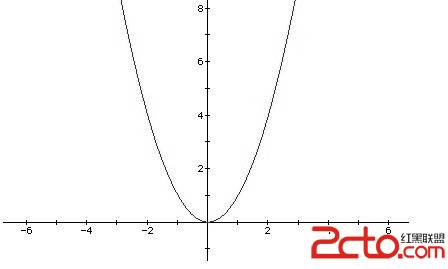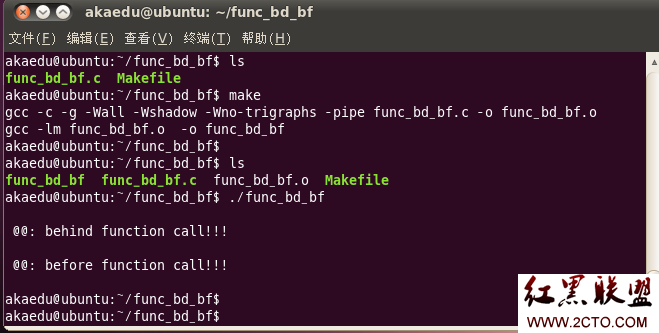POJ 1405 Heritage
Description
Your rich uncle died recently, and the heritage needs to be divided among your relatives and the church (your uncle insisted in his will that the church must get something). There are N relatives (N <= 18) that were mentioned in the will. They are sorted in descending order according to their importance (the first one is the most important). Since you are the computer scientist in the family, your relatives asked you to help them. They need help, because there are some blanks in the will left to be filled. Here is how the will looks:
Relative #1 will get 1 / ... of the whole heritage,
Relative #2 will get 1 / ... of the whole heritage,
---------------------- ...
Relative #n will get 1 / ... of the whole heritage.
The logical desire of the relatives is to fill the blanks in such way that the uncle's will is preserved (i.e the fractions are non-ascending and the church gets something) and the amount of heritage left for the church is minimized.
Input
The only line of input contains the single integer N (1 <= N <= 18).
Output
Output the numbers that the blanks need to be filled (on separate lines), so that the heritage left for the church is minimized.
Sample Input
2
Sample Output
2
3
题意:将一份财产分成n份,1/x1, 1/x2, 1/x3, ...,1/xn.使得x1>x2>x3>...>xn,让教堂分得的财产最少. xn = x1 * x2 * ...*xn-1 + 1.
如果前k个分剩下1/c,因为1/c>1/(c+1)>1/(c+2)>...所以下一个拿1/(c+1),剩下1/(c * (c+1)).
#include<stdio.h>
#include<stdlib.h>
#define inf 1000000000
#define maxn 100000
int len1, len2, len3, len[18];
long long a[maxn], b[maxn], ans[maxn], res[18][maxn];
void setAns()
{
for (int i = 0; i < len3; i++)
{
ans[i] = 0;
}
}
void copy()
{
for (int i = 0; i < len3; i++)
{
a[i] = ans[i];
}
len1 = len3;
}
void multiply()
{
int i, j;
setAns();
for (i = 0; i < len2; i++)
{
for (j = 0; j < len1; j++)
{
ans[i+j] += a[j] * b[i];
ans[i+j+1] += ans[i+j] / inf;
if (ans[i+j+1] && len3 <= i + j + 1)
{
len3 = i + j + 2;
}
else if (len3 <= i + j)
{
len3 = i + j + 1;
}
ans[i+j] %= inf;
}
}
}
void plus()
{
int r;
for (len2 = 0, r = 1; len2 < len1; len2++)
{
r += a[len2];
if (r >= inf)
{
b[len2] = r - inf;
r = 1;
}
else
{
b[len2] = r;
r = 0;
}
}
if (r)
{
b[len2++] = r;
}
}
int main()
{
int i, j, n;
scanf("%d", &n);
a[0] = 2;
len1 = 1;
printf("2\n");
for (i = 2; i <= n; i++)
{
plus();
printf("%lld", b[len2-1]);
for (j = len2 - 2; j >= 0; j--)
{
printf("%.9lld", b[j]);
}printf("\n");
if (i < n)
{
multiply();
copy();
}
}
return 0;
}
作者:ultimater
补充:软件开发 , C++ ,




